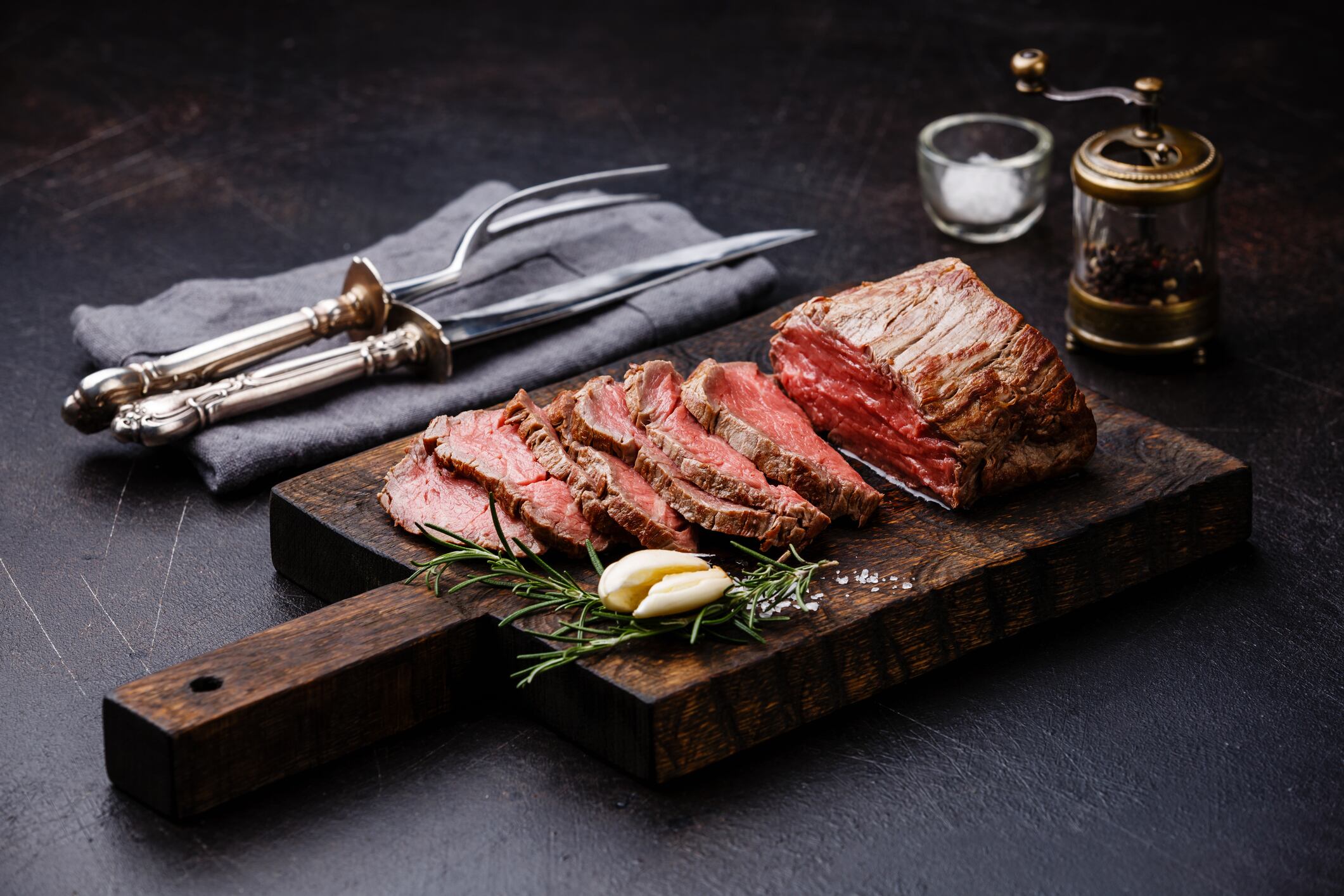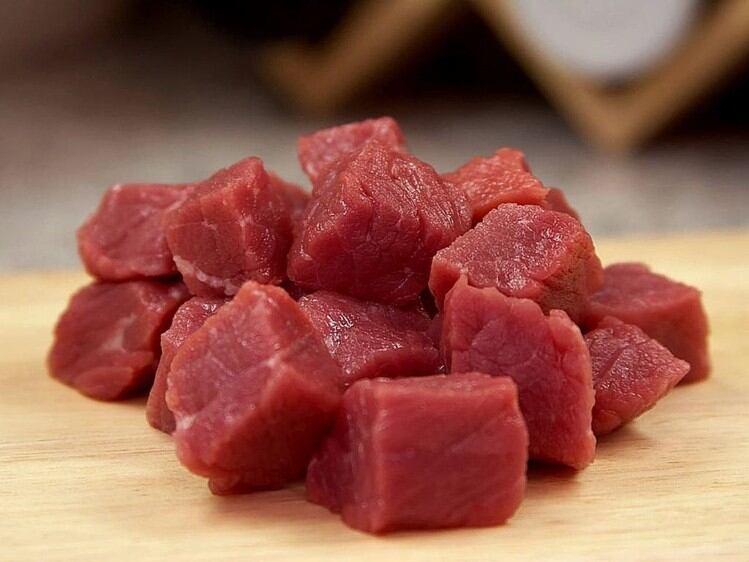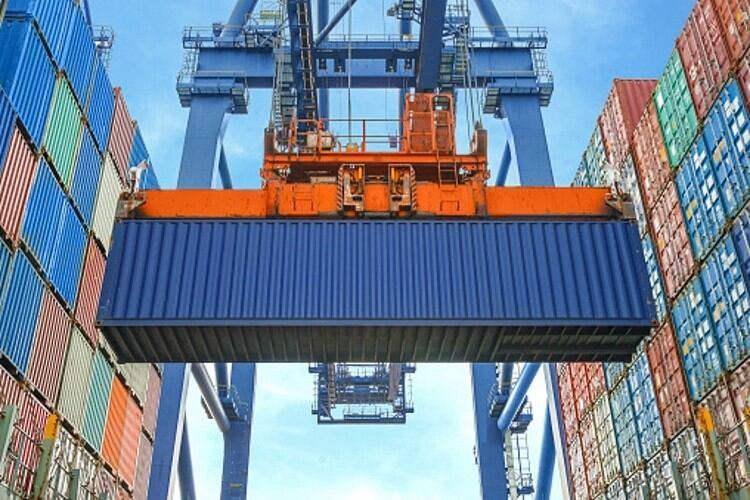The organisation, which represents smaller abattoirs, meat cutting plants, packers and processors, objected to the latest BBC trailer BBC One Christmas Film 2019: #XmasLife. A written complaint was addressed by AIMS chairman John Thorley to BBC director general Lord Tony Hall on 4 December.
“We have led from the front, challenging the BBC’s director general to re-edit and also reporting elements of the trailer to Ofcom,” said AIMS head of policy Norman Bagley. Ofcom confirmed it had received two complaints about the relevant trailer on 3 December and 4 December, but said they had not followed the recognised process of contacting the BBC first.
AIMS claimed the broadcast, which was first aired at the start of December, devoted in excess of 10% of its total air time to vegan viewpoints and included two possible subliminal messages.
“This creeping tide of vegan propaganda promoted in some parts of the media has to be challenged,” said Bagley. “The fightback is on.”
Letter to BBC DG Lord Tony Hall
Dear Lord Hall
Re: BBC Christmas Trailer titled #xmaslife
The #xmaslife trailer, introduced by Graham Norton, for the BBC over the Christmas period has caused serious offence to meat producers and processors. We take the view that it is being used as a platform to promote a vegan lifestyle and we now wish to register a formal complaint and ask that the BBC re-edit and remove the sequences between 32 and 37 seconds, which constitutes 10% of the total broadcast time.
At 32 seconds there is a split-second shot showing a smart phone screen bearing the message #nutroastyum. At 33 seconds there is a further split-second shot to screen showing the words #veganxmas, followed by a thumbs up symbol.
It is our opinion that these flashes to the screen constitute subliminal messages designed to create subtle cues to the audience ahead of the next three seconds of the broadcast. The following three seconds shows an animated turkey wearing a shirt bearing the message 'l [heart symbol] VEGANS' addressing an auditorium of turkeys while pointing to a map of the UK and saying, as the audience cheers "and less of us have been gobbled this year".
We have checked with the publicly available figures compiled by DEFRA [Department for Environment Food and Rural Affairs] and the Office for National Statistics for the number of turkeys slaughtered in the UK. These show that in 2017, 14.3 million (m) turkeys were slaughtered and in 2018 the figure increased by 500,000 to 14.8m turkeys, an increase of 3.5%.
As the year 2019 has not yet concluded there are no figures available for UK slaughtering. lt is therefore completely baseless for the BBC to be making a repeated claim that less turkeys 'have been gobbled this year'.
We take the clear view that the BBC, as a publicly supported service broadcaster, always has a duty to be unbiased and that the use of #xmaslife to promote vegan messages fails to be impartial.
ln order to redress this seriously biased and inaccurate broadcast we request that the trailer be re-edited to remove the seconds between 32 and 37 seconds.
Furthermore, we believe it is imperative for the BBC to make an on-air apology to viewers for making an unsubstantiated claim when there are no facts to support the claim.
John Thorley OBE
Chairman
The Association of Independent Meat Suppliers
Responding to AIMS' position, a spokeswoman for The Vegan Society said: “We are surrounded by adverts featuring meat, dairy and eggs everywhere we go, so it’s laughable that AIMS feels the need to complain about the one advert that simply mentions veganism.
“This isn’t a war between vegans and farmers; we also rely on farmers to provide us with food and support them with our purchases.
“It’s only expected that some adverts will feature veganism at a time when this compassionate lifestyle choice is growing at an unprecedented scale. We suggest those with financial motives behind promoting meat, dairy and eggs get used to it.”
‘Myths surrounding meat production’
In its end-of-year message, issued on 16 December, the Scottish Association of Meat Wholesalers (SAMW) stressed: “It’s time to bust the myths surrounding meat production and consumption with fact-based truth and a big dose of reality.”
The organisation said the approach would be “a task for producers, processors and retailers that needs to be the top priority in 2020 if our industry is to have any sort of meaningful future”.
SAMW president, Andy McGowan said: “We need to make sure that 2020 is the year in which we fight back against the poorly researched, factually ignorant and thinly-based myths advanced by those whose agenda is to demonise meat production and consumption.
“We have a strong and positive message to deliver on behalf of the natural grass-based livestock production systems on which the quality image of Scotland’s beef and lamb output is founded, alongside the impressive efficiency of our high health status pig industry. We need to unite as an industry in getting behind QMS to present this strong message to the nation’s increasingly confused consumers.”
Climate change
The stance taken by the two meat bodies also followed considerable push-back from the meat industry after a documentary screened on BBC1 on 25 November highlighted meat production’s contribution to climate change. The BBC programme was entitled Meat: A Threat to Our Planet?
“Thankfully, we start from a position of strength in that consumers love our product,” said McGowan. "It’s the best starting point possible and one we need to keep in focus as we address the fake news stories posed by the anti-meat lobby. The recent BBC programme which focused on South American farming systems and US pork production was a prime example of poorly researched material being used to draw conclusions that attacked the meat industry.
“While consumers love our product, they are constantly made to feel guilty about choosing to eat meat, being regularly exposed to a mantra of anti-meat propaganda, dressed up as concern for a host of other issues. We’re perfectly content, in fact, to focus on life and farming within our own backyard and what happens here. Our story is solid and secure and made in Scotland for all to enjoy. This is the context in which we need to make sure the fact-based counter arguments to anti-meat propaganda are clearly and simply presented in 2020.
“I’m thinking of the sort of argument advanced recently by Benoit Cassart, speaking on behalf of UECBV, the European meat trade body, who pointed out that Europe’s ruminants are fed from ‘155 million hectares of permanent grassland that the European ecosystem enjoys’. He also stated that ‘one hectare of grassland is as effective as one hectare of forest in absorbing CO2 and maintaining biodiversity’.”
Greenhouse gas emissions
Cassart had said debate tended to focus on agriculture’s greenhouse gas emissions, never its enormous role in storing carbon through its production, McGowan said. “He also drew attention to the many other contributions to society which can be traced back to ruminants. This includes their role in helping farmers to reduce their use of chemical fertilisers by maximising the livestock sector’s natural fertiliser to help restore essential microbial life to our soils.”
Commenting on the BBC meat documentary, farming unions from England, Scotland, Wales and Northern Ireland issued a joint statement claiming it had not distinguished between production methods in the Americas and the UK. They said it would have left the impression with a large proportion of viewers in the UK that the meat industry in the UK was just as damaging to the environment as it was in any other country.
“We know the public want to eat sustainably and they can do this by investing in the UK livestock sector, which is already producing some of the most climate-friendly beef and lamb in the world and has an ambition to do even more,” the unions stated. “Beef production in the UK is already 2.5 times more efficient than the global average and four times more efficient than places that are deforesting land.”




